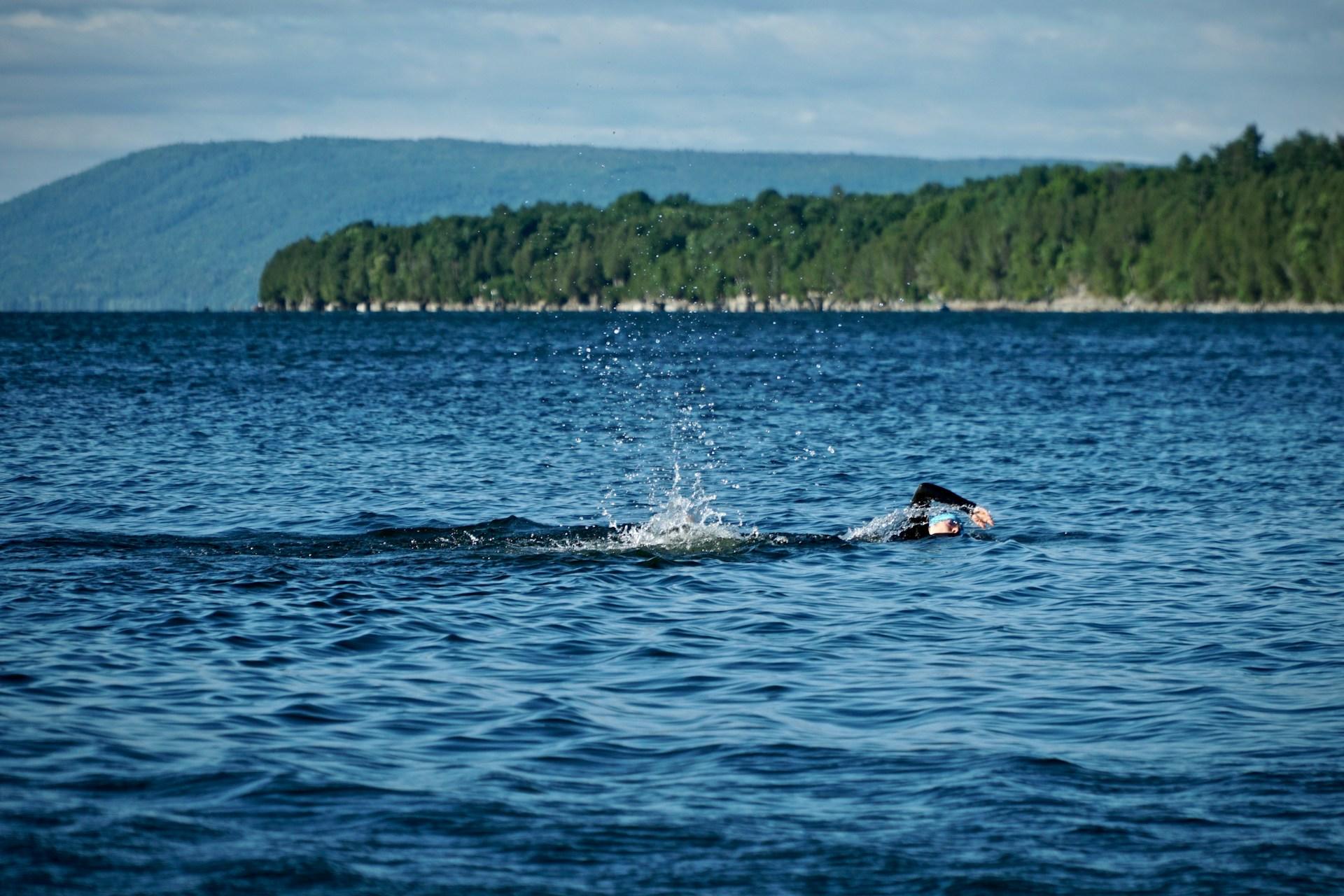In its broadest definition, wild swimming is essentially any kind of swimming that takes place in natural bodies of water rather than swimming pools.
All swimming was wild swimming until we invented swimming pools, but in recent years, there's been an increase in the popularity of wild swimming, open water swimming, or outdoor swimming.
If wild swimming is something that you might be interested in, you can't and shouldn't just dive in. Instead, follow our tips to get started.

Take Your Time to Acclimatise Yourself
While there are many advantages to it, there are also several serious risks you should be aware of before you start wild swimming.
These risks can be quite easily mitigated but don't go straight to the most challenging waters.
Unlike in a swimming pool, wild swimming can take place in waters with tides, currents, and many other variable conditions and challenges.
Start with shallow, still, and warm waters if you can. Try to acclimatise yourself to colder water before getting started as well.
Acclimatisation can involve going into progressively deeper and progressively colder waters as your wild swimming progresses.
While some of the more interesting open-water swimming locations might be appealing, you need to make sure that you're ready for them.
in water colder than 15°C
Research Suitable Wild Swimming Locations
The fun of open water swimming is that the locations are far more different and varied than at manmade swimming pools.
However, you should always do your research before you go to any wild swimming locations. Firstly, you need to check that they're appropriate for swimming in.
You can't just turn up at a body of water and expect it to be suitable for swimming. There can be invisible risks and dangers in the water and things like pollution, the pH of the water, algae, debris, or even underwater hazards need to be checked for.
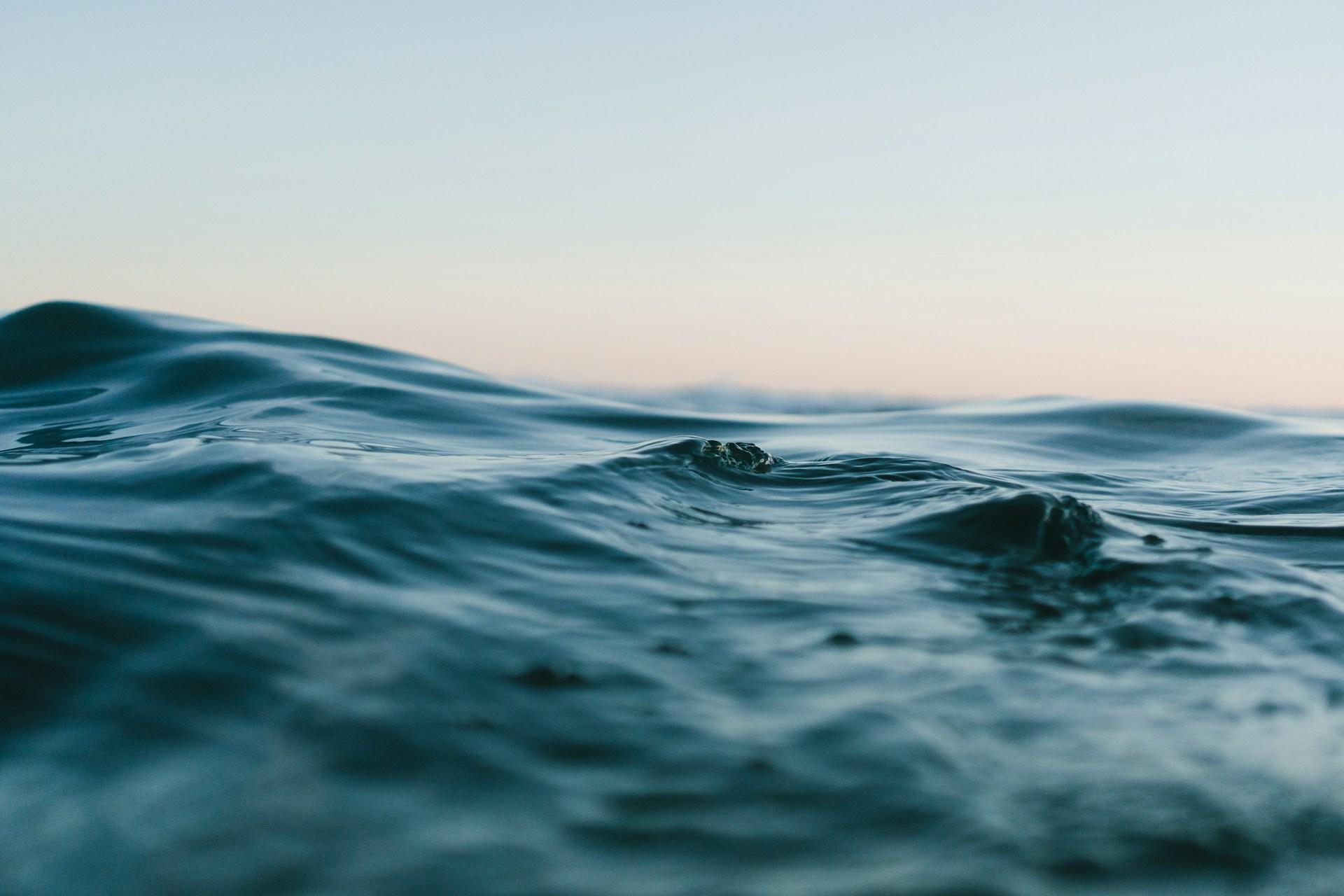
Dangerous currents and tides could be a common feature of a certain area and if you have any doubts about the safety of the water at a location, even once you arrive, it's always better to err on the side of caution.
There are also risks outside of the water that you need to consider. Geographical features could make entering or exiting the water difficult and you need to remember that certain places might have falling rocks or other hazards.
Check the Temperature of the Water Before You Go and When You Arrive
Cold water shock poses a real threat to swimmers. To save yourself a wasted trip, it's always a good idea to check the temperature of the water before you go if that kind of information is available.
The temperature of the water will dictate the equipment that you bring so it's always useful to have this information before you leave the house.
If this information isn't available or likely to be inaccurate, it's always useful to come prepared and check the temperature of the water before you get in.
When the water's cold, you should acclimatise yourself before getting in and cold water swimmers will train themselves so that they're more used to cold water in the first place.
Interested in swimming in colder water? This video can help.
Be Aware of the Weather and Check the Forecast
The temperature isn't the only thing you should check before you go open-water swimming. Check the weather where you'll be going for a swim, especially if you're planning on being in the water for a while.
Even wind can dramatically affect the water and your ability to swim in it so you should be aware of the current conditions, how they're likely to change throughout the day, and any risks they could pose to your wild swimming.
Remember that this isn't just about checking your basic weather forecast, either, there's a lot more information available from weather services that you should know before you take to the water.
Learn Lifesaving Swimming Techniques
Even if you're a proficient swimmer, it's important that you know key lifesaving swimming techniques.
Knowing how to float, tread water, and deal with currents are all useful skills and while you may never need them, they could save your life or somebody else's life one day.
Find a great swim instructor for adult swimming lessons Brisbane on Superprof.
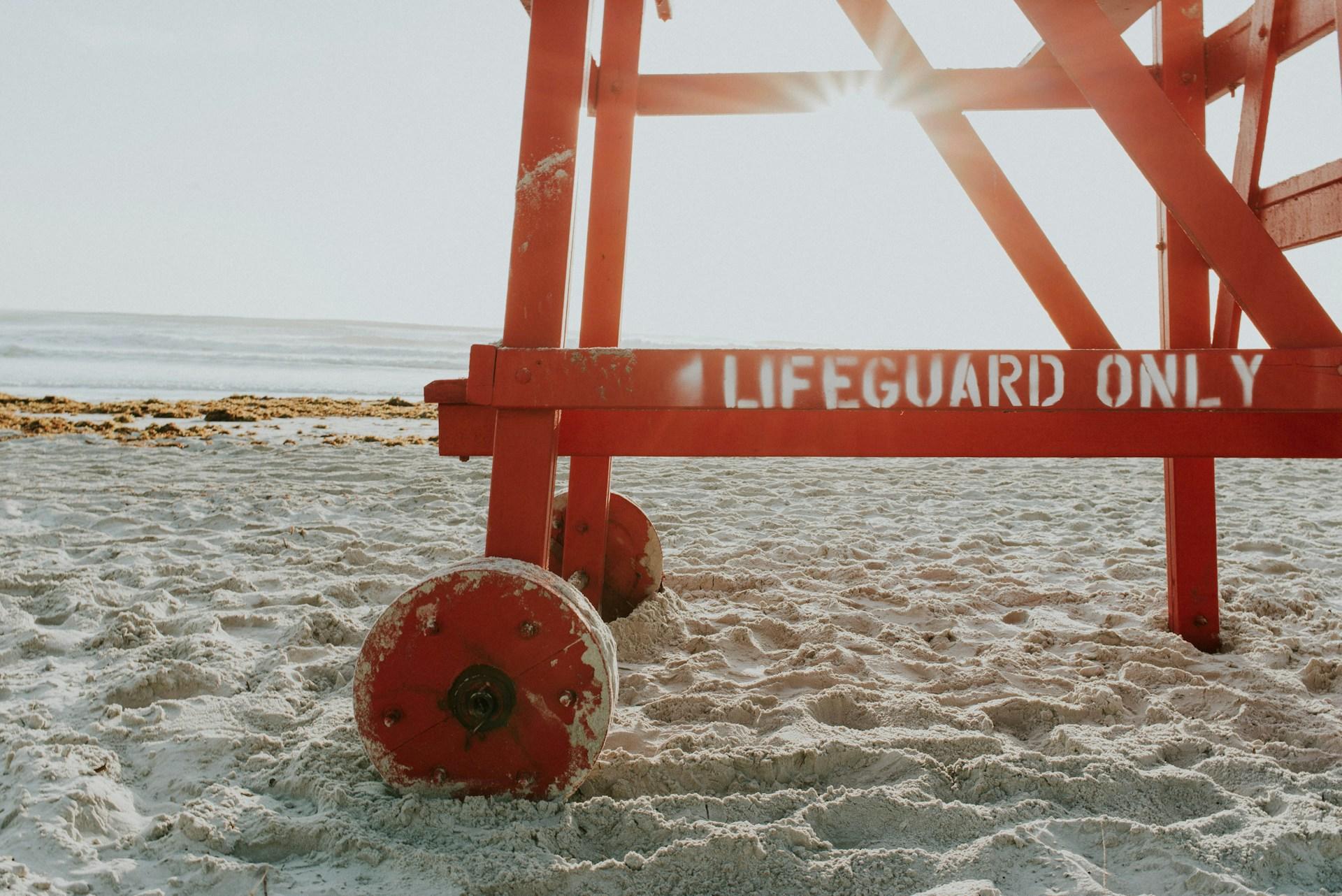
Remember that because open water swimming locations rarely have lifeguards or even water safety and first aid equipment, all of these responsibilities fall on you.
Make sure you have solid swimming skills with swimming lessons on Superprof.

Swim with a “Buddy”
It's always recommended that you swim with a "buddy". It's useful to have somebody there to help or even call for help in the event of an emergency.
Both in and out the water, going wild water swimming is significantly safer with another person and while you may never even need their help, if you're unfortunate enough to find yourself in a situation where you do, you'll be happy that they're there.
Check out for each other when you go wild swimming. Even if you aren't swimming at the same time, let your buddy know your route so they can see if anything goes wrong from the shore.
Go Easy on Yourself
Just like around the outside of a swimming pool; walk, don't run. With wild swimming, you need to start with easier and less challenging swims.
Start with calm and temperate waters, shorter distances, and slower speeds. Even if you're a proficient swimmer and the swims seem below your level, the variable conditions of open water swimming mean that you can very quickly find yourself in more challenging situations.
Start slow and steady and make sure you're ready for the challenges.
Don't Forget About Sun Protection
It's very easy to forget about sun protection, especially if you're in cold waters. When wild swimming, you can spend a lot of time under the sun so it's important to always bring and use proper protection. Even on cloudy or overcast days, harmful rays can make it through the clouds and pose a risk.
Remember to regularly reapply protection when you're out of the water and the basics like wearing a hat, using sunglasses, and covering up.
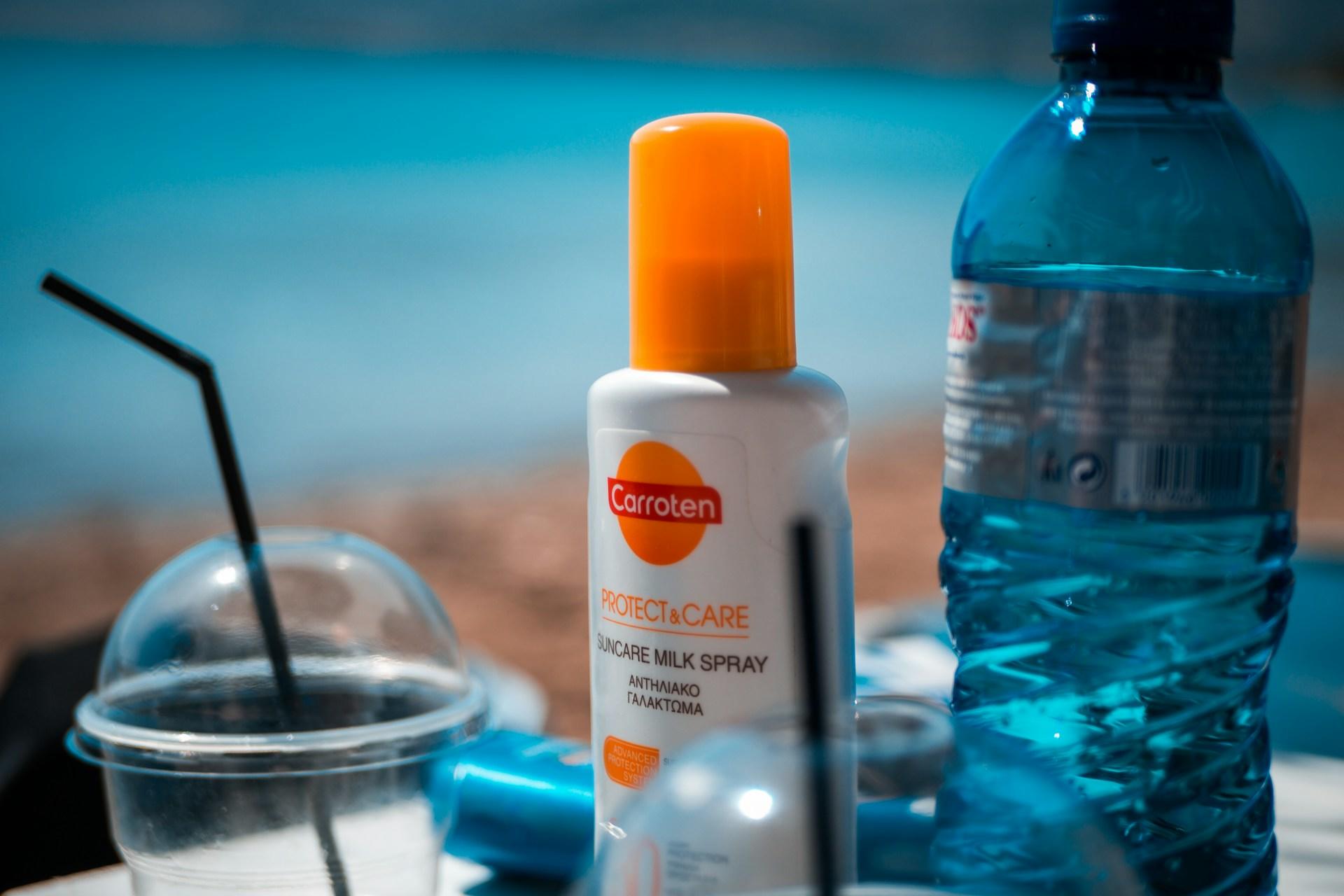
With wild swimming, the precautions you take out of the water are often just as important as those you take when in it and you don't want to ruin a great day of swimming by coming home sunburnt!
Make Sure That You Eat and Drink Enough
One of the great benefits of wild swimming is that you can swim long distances. Sure, you can swim hundreds of laps or lengths at your local pool, but seeing the same 25 or 50 metres of tiled swimming pool isn't the same as swimming along a river, across a lake, or in the ocean.
Just like with any other endurance or long-distance sport, eating and drinking the right amount is essential. Make sure that you're fuelled up for the exercise that you intend to do and appropriately hydrated.
You'd be surprised how easy it is to forget to drink the right amount when you're surrounded by a body of water and the myth that you have to wait a certain amount of time after eating doesn't hold any water.
That said, we wouldn't recommend overeating before you go swimming simply because you won't end up enjoying it as much if you feel full or bloated.
Learn First Aid and Survival Skills
Since open-water swimming often takes place in remote locations with far fewer people than you'd see at your local pool, you must learn some basic first aid and survival skills.
If you're going wild swimming with a "buddy" or a group, you all must have first aid skills in the event anything happens.
These skills are non-negotiable as there's unlikely to be any help on hand or even available quickly and it could save your life or the life of your friends.
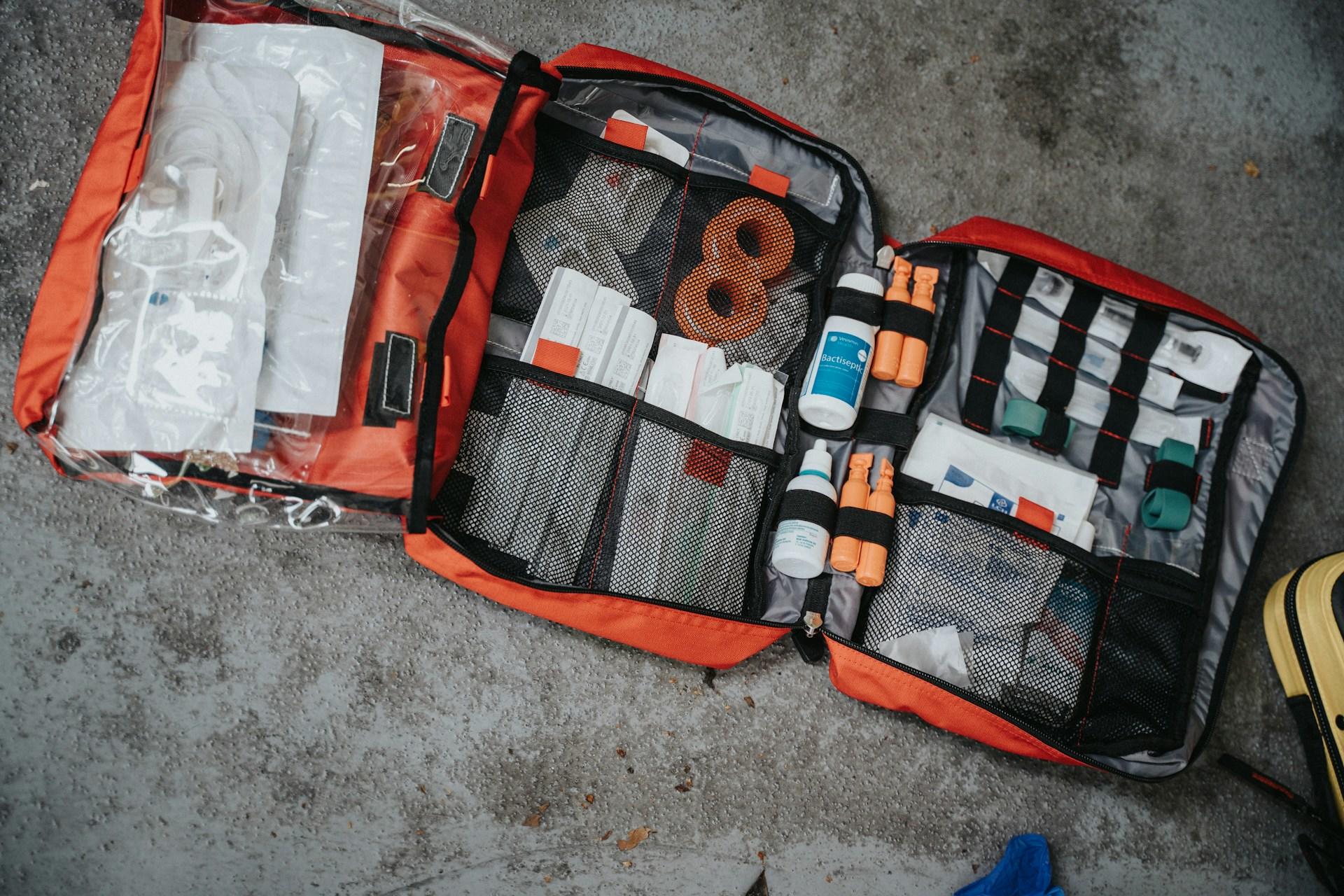
Similarly, survival skills are useful, too. In remote locations, simple environmental factors might mean that you're unable to get back to safety, which is why it's often recommended that wild swimmers bring pop-up shelters and survival equipment.
The level of first aid and survival skills that you need should be appropriate so the more remote your open-water swimming location, the more advanced skills you'll need.
Study Wild Swimming with a Professional
Whether it's a wild swimming teacher, coach, or private tutor, the best way to get into open water swimming and get the most out of it is simply by learning from an expert.
There are plenty of open water swimming clubs and communities online and locally in areas with lots of good wild swimming locations.
Not only can the professionals teach you the appropriate wild swimming techniques, but they can teach you about everything we've covered in this article, recommend appropriate equipment, and even give you suggestions for open water swimming locations that are appropriate to your level.
You can search for swimming tutors on the Superprof website. From there, you can compare their rates, see the kinds of tutoring they offer, and see if they offer the all-important first session for free!
Find swimming lessons near me on Superprof!
Summarise with AI:

